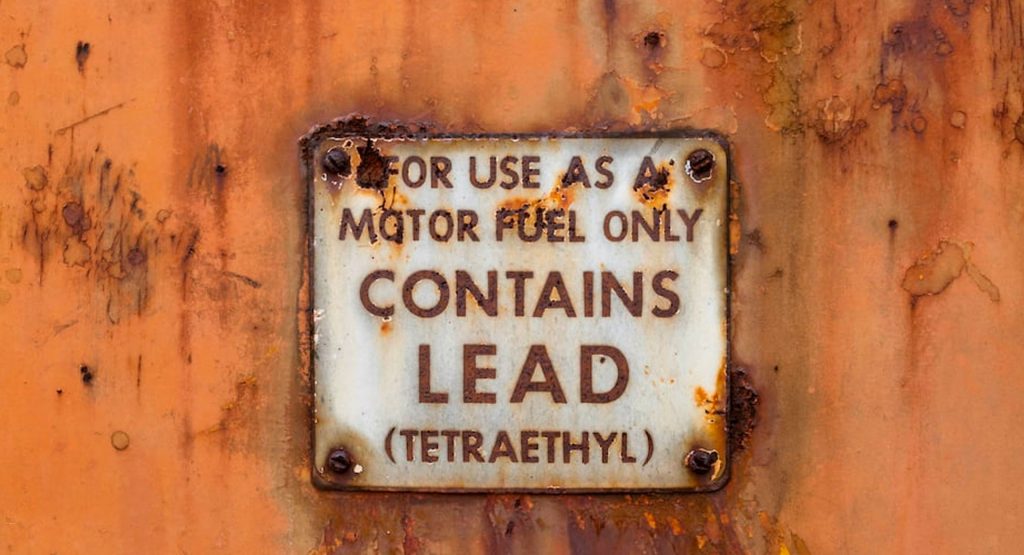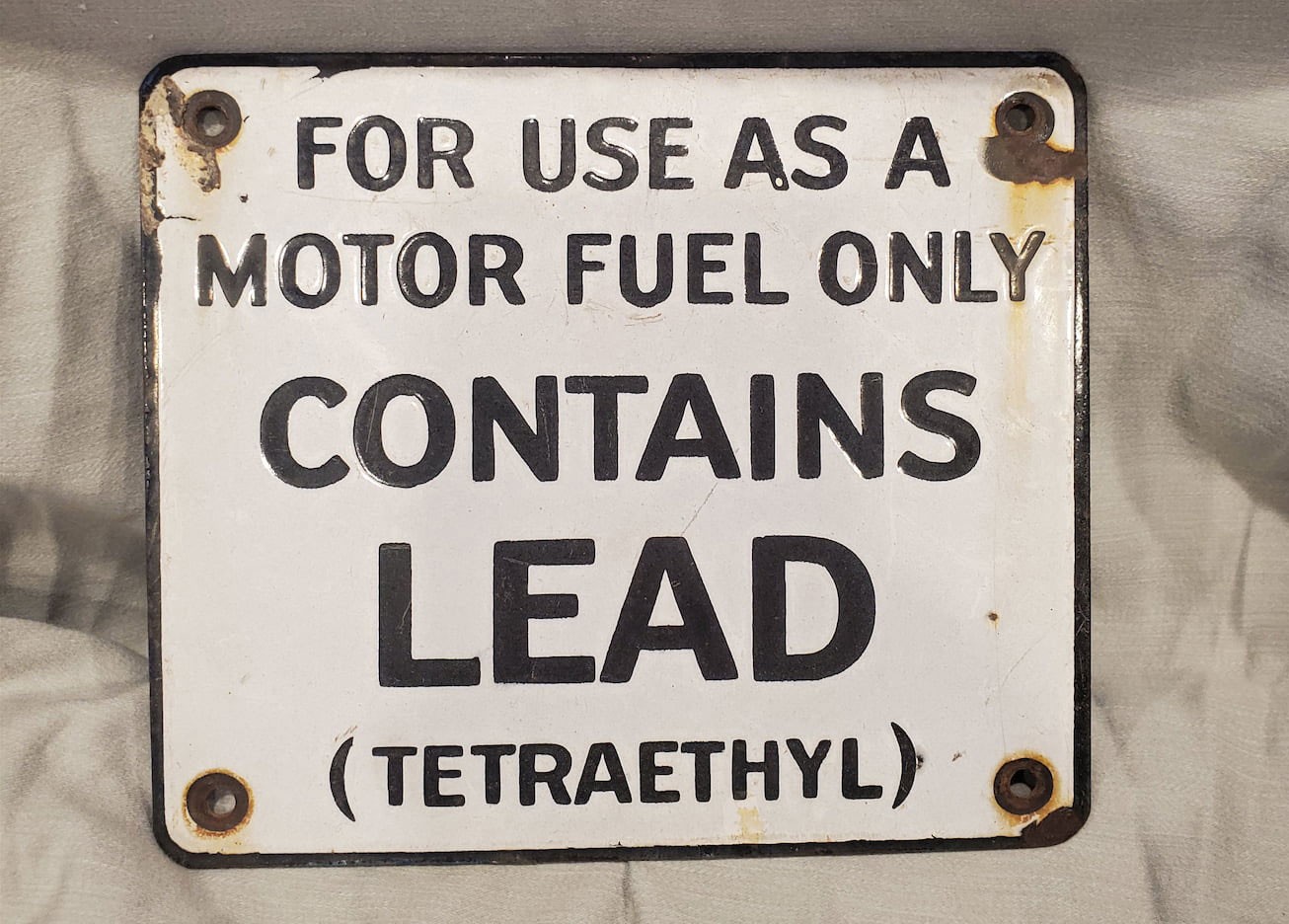Leaded gasoline dates back more than a century as companies began adding lead to fuel in 1921 to eliminate knocking and pinging in engines.
Of course, lead is a dangerous substance and the U.S. Energy Information Administration notes the hazards were known since the early 1920s. Despite this, leaded gasoline remained legal in the United States until 1996, when it was banned by the Clean Air Act for use in new vehicles other than aircraft, racing cars, farm equipment, and marine engines.
Unfortunately, this slow reaction had a major impact on the country as a new study estimates that over 170 million Americans alive today were exposed to high-lead levels in early childhood including “several million of whom were exposed to five-plus times the current reference level.”
Also Read: Leaded Gasoline Finally Phased Out Globally, Brings Toxic Legacy To An End
Published in the Proceedings of the National Academy of Sciences, the peer-reviewed study from researchers at Duke University and Florida State University found that childhood lead exposure lowered America’s collective IQ by 824,097,690 points as of 2015. That’s an average “lead-linked loss in cognitive ability” by 2.6 points, but researchers noted those born between 1951 and 1980 were disproportionately affected.
In particular, NBC News notes people born in the 1960s and 1970s lost as many as 6 or 7 IQ points. Unsurprisingly, their primary exposure to lead came from “inhaling auto exhaust.”
The principal author of the study, Michael McFarland, said the findings were “staggering” due to the number of people affected by lead exposure. However, he noted a 2-3 point IQ difference is nominal unless you’re already on the lower end of the IQ scale.
While lead was used in everything from gasoline to paint, it’s a neurotoxin and the publication noted no amount is safe. Besides lowering cognitive abilities, lead exposure has also been linked to kidney and heart disease.






